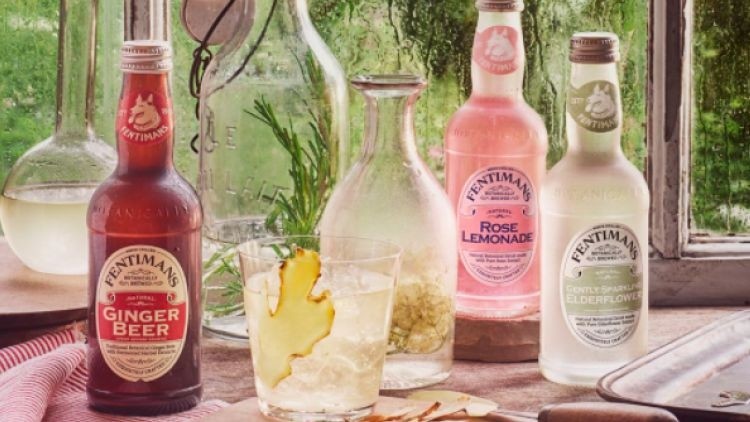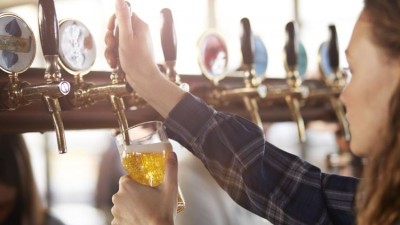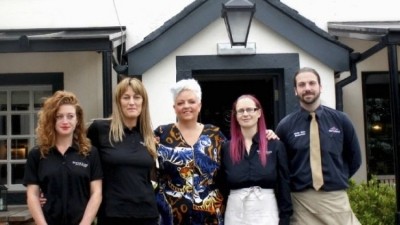On-trade soft drinks and mixer sales down £18.3bn in 2020

The report, which uses data from CGA and other sources, found that pubs’ share of the on-trade premium soft drinks market is 45.5%. Mixers have a 12% share of the total drinks market while soft drinks have a share of 14.5%. The top five soft drink categories are: cola, lemonade, mixers, juice drinks and pure juice.
The report said that hospitality is a resilient, adaptable sector and there are clear signs from both consumers and businesses that a strong recovery is well underway.
A year and a half of Covid-19 and lockdowns have triggered significant changes in the way consumers interact with the places, people and products around them, the report said. It highlighted four macro trends to watch moving forward from health, memorable moments, digital to priorities.
Covid-19 and the climate crisis have entwined physical, mental and environmental health, and pushed people towards "better living", the report said.
CGA’s BrandTrack research showed that three quarters (73%) of consumers in Britain now proactively try to lead a healthy lifestyle – an increase of five percentage points since 2019.
One in ten (10%) 18 to 24-year-olds say they follow a low-calorie diet, while 5% are vegan. which, in both cases, are nearly double the all-consumer averages (6% and 3%).
Isolation
Secondly, the report revealed that after months of isolation, consumers are looking for out-of-the-ordinary experiences and memorable moments.
Thirdly, the report highlighted the take-up of technology that has soared in pubs and bars. Technology become more important as consumers spent more time at home because of lockdowns in 2020 and 2021.
CGA’s research shows how tech has flourished in the ordering and payment stages in particular. After apps replaced physical menus in many venues, people became accustomed to browsing for food and drink on smartphones, and two in five (40%) thought digital solutions improved their experiences.
Finally, Covid-19 has made consumers rethink their priorities, values and identities. The report said that one of the most interesting side-effects of the pandemic has been the shift towards supporting local businesses.
Spending lockdowns so close to home helped to reconnect people to nearby retailers and hospitality operators, and the shared challenges of the pandemic brought some communities much closer together. One in eight (12%) British consumers say they are investing more in their local communities than they did a year ago and a fifth (20%) say they planned to buy local drink brands when they returned to hospitality venues.
Flavour trends
On flavour trends in the market, the report revealed that while there is a growing demand for products with functional benefits there is also demand for indulgence.
It predicts the popularity of flavours such as truffle, butterscotch, salted caramel, chocolate and coffee. It also predicts consumers will be looking for more adventurous flavours such as blood orange, coconut, watermelon, mango and yuzu, and local home-based flavours such as foraged British berries as well as traditional home comforts such as rhubarb and custard.
Eldon Robson, founder of Fentimans, said: “More recently, with the easing of restrictions, numerous indicators point to a more optimistic future.
“That said, we still need to navigate our way through the hospitality industry re-establishing itself, the introduction of DRS in Scotland and new government policy aimed at reducing consumption of products high in fat, sugar and salt. With innovation, fresh thinking and adaptation to the new normal, we’re confident that the sector will emerge fitter, create better consumer experiences and go from strength to strength.”







